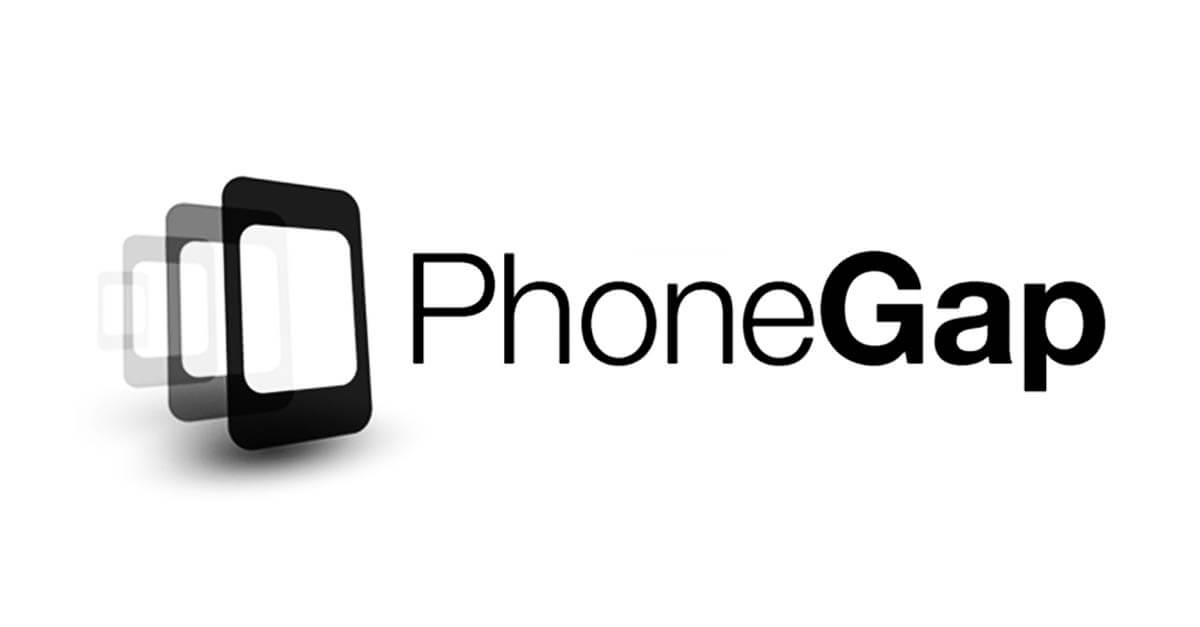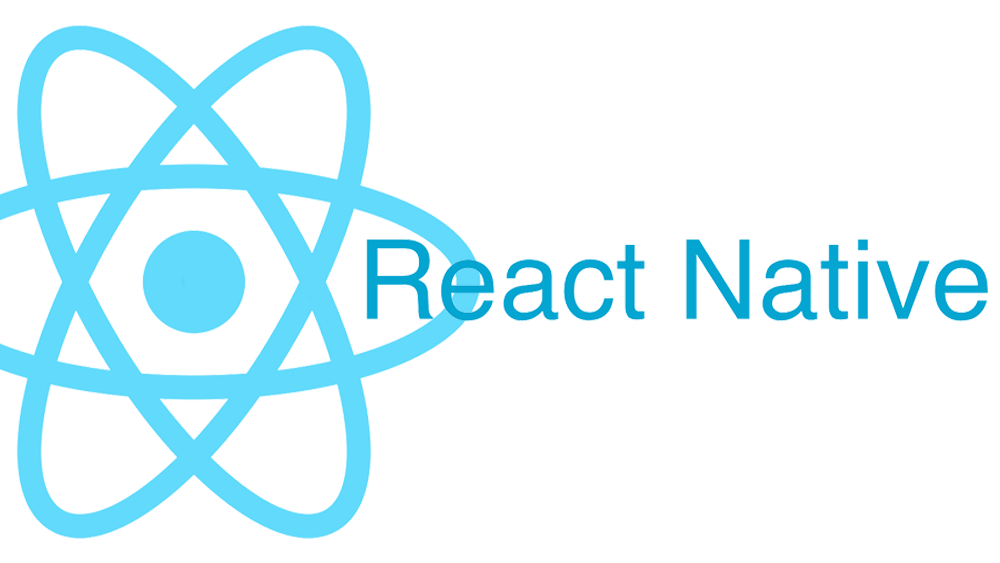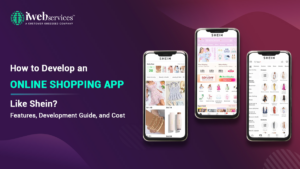No matter which platform you deploy an app or maybe for that matter you choose to build a cross platform app, the prime consideration would be the framework to be used while deploying an app. With trendsetting mobile app finding a place in the digital industry, it is desirable that the app developed by you ranks high both in technology, functionality and also capable of providing seamless user experience.
The app that sustains in the physical environment is free from crashes and above all satisfy user expectations is the one that emerges successful. And to have a top-notch quality app, you need to employ the best framework.
Cutting down the conversation, we head straight towards the best Android app development frameworks that help developers build feature-rich apps hassle freely.
Best Android App Development Frameworks
Adobe PhoneGap
Using technologies such as HTML, CSS, and JavaScript, Adobe PhoneGap is one of those frameworks that help developers build apps in the shortest possible time. The software is developed by the great minds behind Apache Cordova. No matter if you aren’t aware of skills that lead to mobile app development, in case you have hands-on experience in web development, working on Adobe PhoneGap is not a tough task. In simple words, the software is similar to Cordova with few additions of plugins and tools.
Features:
- Self intuitive
- Greater community support
- Not hardware restrictive
- Package app within the cloud
- Extend to Ubuntu, BlackBerry along with Android

Ionic
An ideal native app development framework, ionic is proven to render quality specific apps and is available for free. Ionic aids building apps for various platforms using a single code base. Being open source in nature, it helps developers build efficient apps with components of UI that are self instructive fueling the process of app development. The framework allows integrating different components to test the functionality on varied platforms. Aiding PWA development, the app brings complex apps with excellent architecture live on board.
Features:
- Integrate plugins and other related components.
- Leverage the stability and power of Android-based apps
- Lighting fast speed to build apps.
- Free & Open Source
Xamarin
When we talk about native app development, Xamarin is a term that would surely pop-up. With a user base of 1.5 million users, Xamarin is one of the best Android app development framework used widely. A boon for all the Dot Net users, developers need not be a Java expert to build Android apps. Developers can also code in C# to deploy Android-based apps using the Xamarin framework. An extensively used software is Xamarin For Visual Studio to build apps.
Features:
- Excellent native user experience
- Xamarin based apps have an extensive blend of features as ARKit and Multi-Window mode for Android.
- Leverage overall app performance
React Native
We all are aware of the JavaScript version of Facebook. React native is nothing but an open version of the same that help developers build native apps. React Native has been used extensively by top giants such as Tesla, Instagram, and Walmart. The individual components of React Native are similar to other native apps and hence there isn’t much difference in apps built using Java and React Native. Also, being open source developers can modify the codes of react native and also add few desirable for their purpose in Java, C or Swift. React Native deploys apps both for web and mobile based.
Features:
- Open source version of Facebook JavaScript
- Customizable codes improve app functionality
- Has huge community support.

Flutter
A Google-backed Android app development framework, flutter has risen to popularity in the past few years. What distinguishes it from others in the list is the fact that developers deploy apps using Dart, the programming language of Google. Where the other app development frameworks use a WebView and UI components to design the interface, flutter allows developers to make use of Skia, a 2D engineering machine that crafts visual elements on the device screen and induces a sense of Cupertino Styled widgets and Material Design.
Features:
- Reload functionality prevents restarting the application every time a modification is done.
- 2D rendering machine to draw visual components on the screen
- Open source SDK
JQuery
A user interface system based on HTML 5, JQuery is another Android app development framework tailored to build responsive web pages with a custom design. Apps built using JQuery can run seamlessly on varied platforms. The framework follows the strategy of Write once deploy everywhere and so it reduces the overall app development time. A single app can function on mobile phones, tablets, and desktop too. Also, it has customized themes that voice the brand of your business and not simply channelize tasks.
Features:
- Custom fit designs to build efficient apps.
- A single code can run at different platforms
- Reduces time and cost overhead
- Huge Community Support
Apache Cordova
The last in our list of top Android app development frameworks is Apache Cordova. This too is open source app development framework that would build apps using the technologies of CSS 3, HTML5 and JavaScript. Apps developed using Apache Cordova is compatible with Mobile and Web-based interface. Also, the framework can run on multiple platforms using a single code base. With a bundle of native APIs and plugins, Apache Cordova helps meddle apps that rank high in terms of functionality and performance.
Features:
- Open source and free
- Write Once, run everywhere
- Builds high-performance apps
Wrapping Up
While you were confused on the platform on which you would target your app, it is high time that you realize it’s not the platform but the framework you use to build the app that determines its success. Integrating the right framework leads to a feature-rich app driving success.
 June 10, 2019
June 10, 2019







